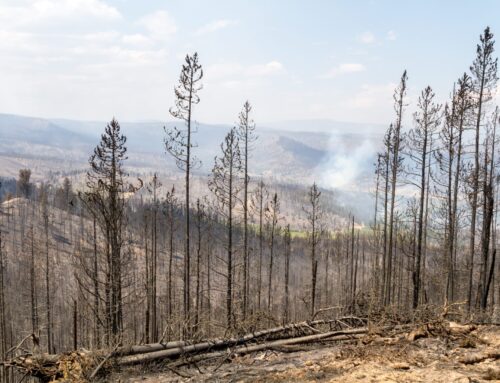
During opening statements, Chairman Alexander (R-TN) drew attention to wasteful energy subsidies, such as those for wind, arguing that wind power is too mature of an industry for tax credits, and undercuts funding from other clean energy sources like nuclear power. He also highlighted proposed legislation to create new nuclear waste disposal sites, emphasizing that the Yucca Mountain repository should be included in waste disposal plans, not replaced. Secretary Moniz highlighted DOE’s proposed budget increases for carbon capture and sequestration (CCS), Advanced Research Projects Agency-Energy (ARPA-E), and state energy grants and loans.
Ranking Member Feinstein (D-CA) expressed concern over the International Thermonuclear Experimental Reactor (ITER) project, citing its delayed completion date until 2034 and over-budget estimated costs of $6.5 billion. Secretary Moniz acknowledged that ITER has struggled with delays and management issues, but remained convinced that the project has corrected its issues and is building a realistic timeline and budget. Feinstein remained worried about the project, noting that billions have been spent on the planning process and nothing has been implemented to show for that money. The Ranking Member further probed Moniz on whether he believes that Centrus Energy, which emerged from the bankruptcy of the United States Enrichment Corporation (USEC), is viable, a question the Secretary declined to answer.
Noting that it had been 48 consecutive months since DOE approved a loan for automakers through the Advanced Technology Vehicles Manufacturing (ATVM) program, Sen. Murkowski (R-AK) asked Secretary Moniz why the program continues to be funded. Moniz responded that ATVM had some problems processing applicants, but that DOE expected to see results soon. The day after this hearing, DOE announced a conditional commitment for a $259 million loan to Alcoa Inc. through ATVM.
When Sen. Graham (R-SC) asked the Secretary how he envisions the future of nuclear energy in the U.S., Moniz said that he sees Small Modular Reactors (SMR’s) becoming viable, and when Chairman Alexander asked the Secretary whether he thinks SMR’s are important for U.S. nuclear energy production, Moniz responded that they could be, depending on their cost performance. Alexander further pressed the Secretary on whether the wind industry is too mature to receive subsidies, arguing that the wind production tax credit (PTC) costs billions of dollars that could be spent on other energy research and development. Moniz acknowledged that wind energy continues to evolve, but added that it has not reached performance level yet.
Chairman Alexander also emphasized the importance of basic science funding, noting that the ARPA-E program was a successful outcome of such funds, and arguing that its budget should be doubled. Moniz agreed that ARPA-E is a critical program, is underfunded, and that increased funding would help lower energy technology costs and increase exports.
Senators Udall (D-NM) and Graham both raised the issue of budget sequestration’s effects on DOE’s ability to conduct its work, inquiring whether sequestration prevents DOE from adequately modernizing U.S. nuclear stockpiles. Secretary Moniz agreed with their concerns and Graham’s argument that U.S. nuclear security depends on adequate program funding.
TCS has long argued that adhering to fiscal discipline would eliminate the need for sequestration and that an across-the-board cut to all energy subsidies would help level the playing field. We believe that misguided tax incentives like the wind Production Tax Credit (PTC) don’t produce cheaper energy, are inefficient, and are unprincipled tax policy. TCS is also concerned that investing billions on unproven energy technologies with uncertain commercial potential unnecessarily puts taxpayers at risk in cases of default.
In our Green Scissors 2011 report, we identified ARPA-E as a wasteful program that supports projects that aren’t environmentally friendly, and we believe that if there is an emerging global industry for SMRs, DOE should stop wasting taxpayer money and let corporations that stand to profit from SMR commercialization invest in the technology. TCS is also concerned by ATVM, as taxpayers have a considerable stake in the successes or defaults of the program, which as currently structured has several serious weaknesses including a lack of adequate performance measures, lack of technical oversight, and underestimated program costs, among others.











Get Social